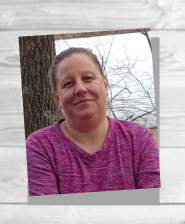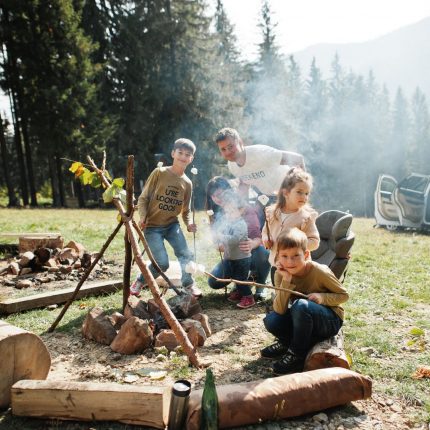
Homeschooling the Gifted Learner – Kim’s Story!
September 18, 2019
Guest post by Kimberly Smith
When you homeschool it’s so important to provide an education that fits your child. That’s one of the prime reasons most people homeschool. If you have a gifted learner, homeschooling is one of the best ways to enable your child to reach their potential. In our case, I learned before we even started homeschooling that my daughter was a gifted learner. She taught herself to read and write at the early age of four and loved learning.
Early Learning for the Gifted
As a parent, I wanted to make sure she had the proper building blocks that would enable her to be successful in later years. I started her with kindergarten material and I let her set the pace. She had the kindergarten material completed in a few months! So, I let her move on to first-grade material. By the end of the first year, she had completed kindergarten and first grade. Wow! We were amazing and realized that she had to be one of the gifted! We followed this plan for the next two years. We also added Latin to her curriculum to give her an added challenge. This kept her engaged and challenged which is key with the gifted learner. With this plan in three years, she was ready for 6th-grade material when she was about to be nine years old.
Middle School for the Gifted
For the middle school subjects, I slowed her down. We only did one grade a year. To keep her engaged we included logic, added extra math worksheets, and increased her reading of the classics. The one thing I wish now that I had done, was to focus on a foreign language during this time. However, the curriculum I chose was intense and required a lot of work.
At this point, I knew she would be graduating at 16 and in the state where we lived this was allowed. So I mapped out how she
could do this. Several of her middle school subjects counted for high school credit, for example, her Algebra I and II, English, Earth science, and American history. Then we moved to another state. In this state, she had an evaluator and would be receiving an accredited diploma so she worked to receive the honors diploma. We also learned that this state would not allow her to graduate at 16 so we had to revamp her schooling schedule again.
High School for the Gifted
For her last year of school, she was able to use CLEP testing (College Level Examination Program) for several classes and took three classes at the local university. Ultimately, when she graduated at 17 she had 18 credit hours for college. The great news was that all those credits were accepted at her college. As a note, I did learn that colleges won’t accept the CLEP if the student is younger than 16.
I know it seems quite simple, but this is what worked for my daughter and it kept her motivated and loving to learn. In the early years of schooling, you can add subjects, expand the current curriculum by adding more assignments, extra worksheets, or even let them move ahead as they finish each level. The key is to give your child the opportunity to work at their pace and to continue learning with appropriately challenging material. In the middle school and high school years some parents have enrolled their gifted children into online college programs, participated in AP classes or CLEP testing, or let them graduate early and get started on college. Whatever path you choose for your gifted learner, the key is to remember to tailor that learning path and customize your homeschool education to give them the challenge they crave!
 Kimberly Smith – Volunteer Contributor
Kimberly Smith – Volunteer Contributor
Kimberly Smith is a religious homeschool mom of 4 children with three of those in college! Kim and her family enjoy fostering children, were thrilled to adopt their seven-year-old through fostering, and are now homeschooling again! Kim has had over 17 years of homeschool experience including the privilege to homeschool a child with serious learning disabilities as well as a gifted child. Kim and her husband of 26 years have gone through many ups and downs with their children as well as in life. Job losses, frequent moves, and the challenge of loving a child through rebellion have been a part of their growth and give Kimberly the insight to touch others.
Latest Posts

As homeschooling continues to grow in popularity, more parents are taking on the challenge of providing a comprehensive education that not only meets academic standards but also prepares their…
Read more >
June has come and gone, and summer is in full swing! Whether you're traveling this summer or staying close to home, we hope you're enjoying this time with your family. We wanted this month's…
Read more >
Summer is an all-around favorite season for most people. In the U.S., it’s even more exciting for many of us since we get to celebrate Independence Day! The Fourth of July is a wonderful…
Read more >

